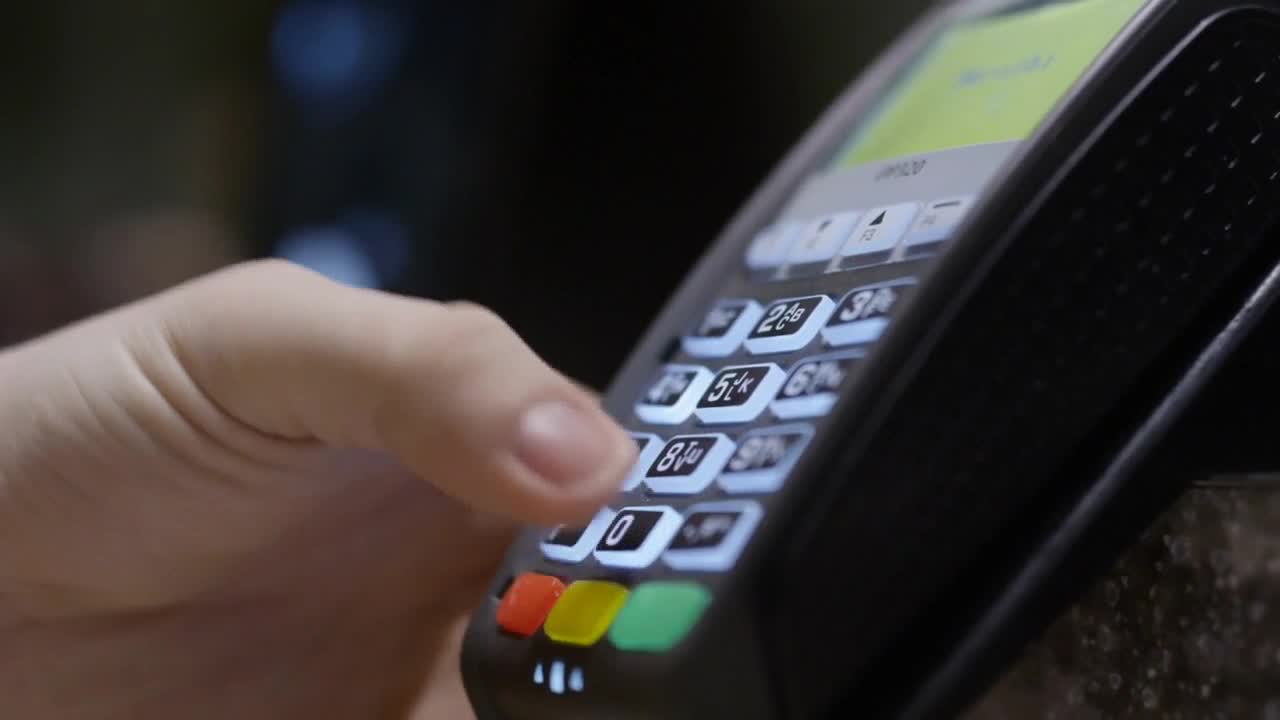SAN DIEGO (KGTV) — Tipping began as a small gesture to thank someone for their service, but over the years it has grown to the point where many consumers are experiencing what’s known as “tipping fatigue.”
Whether it's at a restaurant, when you order a cup of coffee, or when you pick up dry cleaning, customers are often given the option of leaving a tip when they check out.
"The tipping option seems to show up everywhere you go now," said consumer Susie Murphy.
Kyle Bendel, another consumer, agreed that tipping has become too widespread, saying, "Tipping is a big part of life, but it's become ubiquitous in places that it doesn't necessarily need to be.”
Some customers have expressed frustration over the automatic nature of tipping prompts.
"Because a lot of stores, they add it on sometimes, whether you want it or not, and they already raised prices," one consumer said.
Etiquette expert Thomas P. Farley, known as Mister Manners, believes there are some services where tipping is non-negotiable.
Those services include professional treatments such as hair, nail, or massage appointments; visits from housekeeping; assistance from a bellhop; using a rideshare; or dining at a restaurant, whether for dine‑in or takeout.
"There really is a convenience factor there. If you really don't like tipping, you could cut your own hair, you could make your own food, you could not get in an Uber, you could not use Postmates or DoorDash, or any of these features that make our lives easier, more fulfilling and more convenient. But they do come with a price," Farley said.
However, Farley said there are situations where tipping is discretionary.
"If you go into a 7-Eleven and you buy a bag of potato chips, and a cashier drags a bag across the scanner, and when you go to pay there's a tip screen there for you ... if you're feeling particularly generous that day, if you're feeling like you've got extraordinary service, I would certainly not tell you not to tip, but those are situations where it's not only discretionary but absolutely not required," Farley said.
Recent data collected by PopMenu, a restaurant marketing platform, found 43% of customers say they're tipping less this year due to tipping fatigue. Additionally, 66% of consumers say they feel pressured to hand over a tip when digital payment screens suggest gratuity amounts, and 52% of people tip because they feel bad for the worker.
Some consumers have developed their own tipping philosophies based on the type of work involved.
"Anything manual labor gets tipped. Grocery stores don't get tips. If I have to do 90% of the work, I'm keeping 90% of the money," one consumer said.
Others base their tipping decisions on service quality.
"If they do a good job, I'll tip them. If they messed up the orders or their service was bad, then I won't tip," another consumer said.
Farley said if you don't want to leave a tip or can't spare the extra expense, there's always the good old-fashioned thank you.
"They may mean more than even the modest amount of tips which sometimes don't even go to the servers themselves at all," Farley said.
This story was reported on-air by a journalist and has been converted to this platform with the assistance of AI. Our editorial team verifies all reporting on all platforms for fairness and accuracy.




